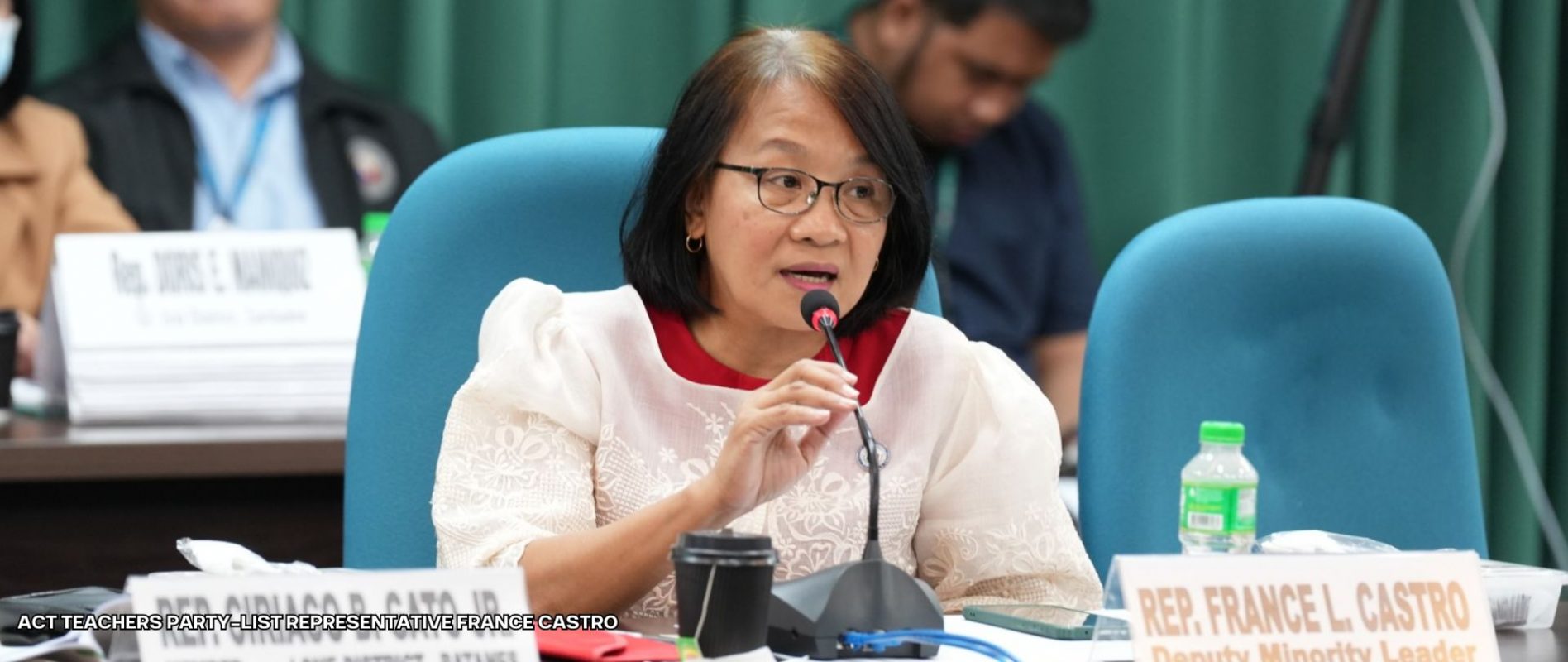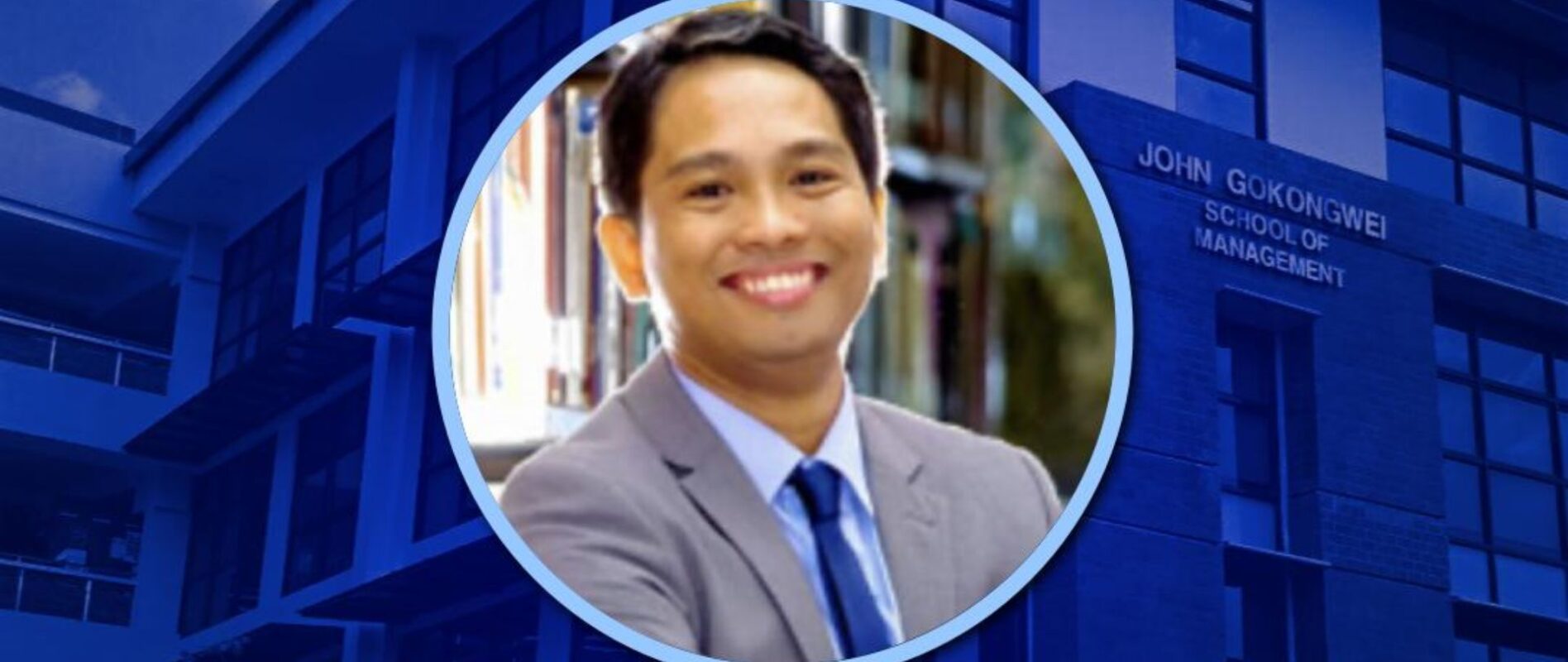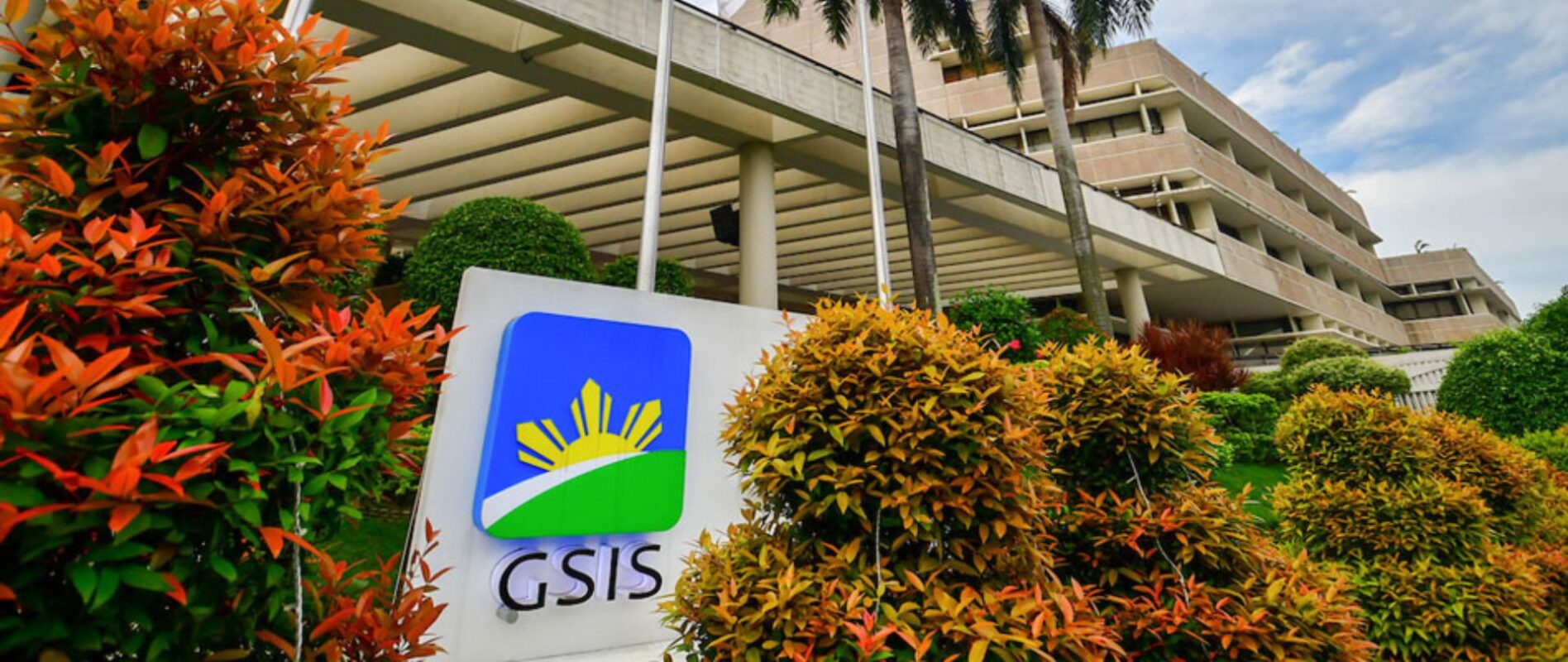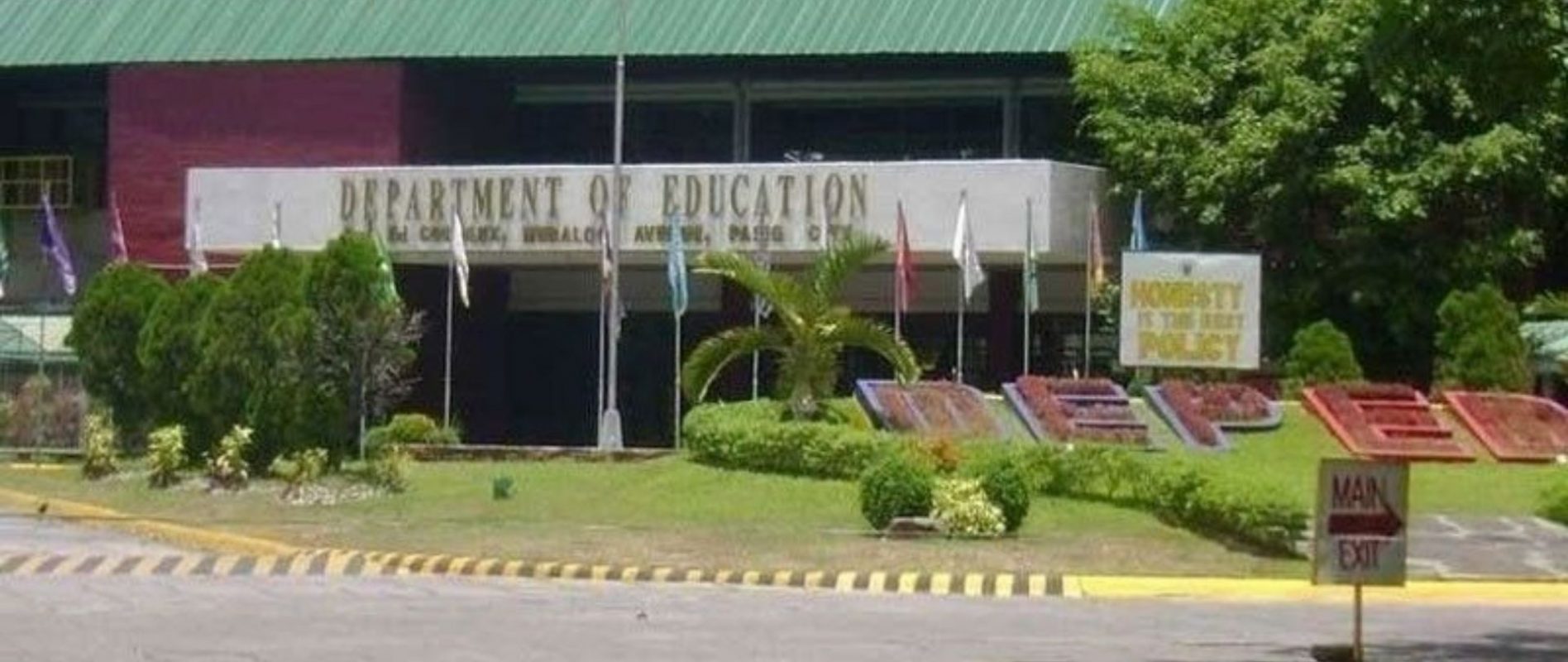SOLON WELCOMES LANDMARK VICTORY FOR TEACHERS WITH DEPED ORDER ON PAYMENT OF TEACHING OVERLOAD
ACT Teachers Party-list Rep. France Castro lauded the recent Department of Education Order No. 5 Series of 2024 or the Rationalization of Teachers Workload in Public Schools and Payment of Teaching Overload as a historic victory for the country's public school teachers.
ACT Teachers Party-list Rep. France Castro lauded the recent Department of Education Order No. 5 Series of 2024 or the Rationalization of Teachers Workload in Public Schools and Payment of Teaching Overload as a historic victory for the country’s public school teachers.
“This is a long-overdue recognition of the overwhelming workload of our teachers, which has been a decade-long struggle for us. Finally, with this order, teachers will be compensated for work done over and above their regular workload and beyond their regular working hours,” Castro said.
“Wala nang T.Y. Matagal nang ipinaglalaban ng ACT Teachers Partylist ang pagpapatupad ng overload pay,” the solon added.
Castro further noted that the new Deped Order was the result of a series of dialogues and consultations initiated by the ACT Teachers Partylist and the Alliance of Concerned Teachers with Deped and the Civil Service Commission over the past years.
The DepEd Order provides a comprehensive framework for teaching workload, overload assignments, vacation service credits, and other duties of teachers. It also streamlines and harmonizes processes related to teacher workload across different DepEd governance levels.
She noted that the Deped Order provides for overload pay for teaching overload and also provides compensation for teacher ancillary tasks and teaching-related assignments.
Former Rep. and ACT Teachers president Antonio Tinio noted that the new order also officializes as policy that after 6 hours of actual teaching, the 2 hours left in a teacher’s working day for work incidental to the normal teaching duties, such as preparation of lesson plans and checking of students’ work, may be spent within or outside the school premises.














